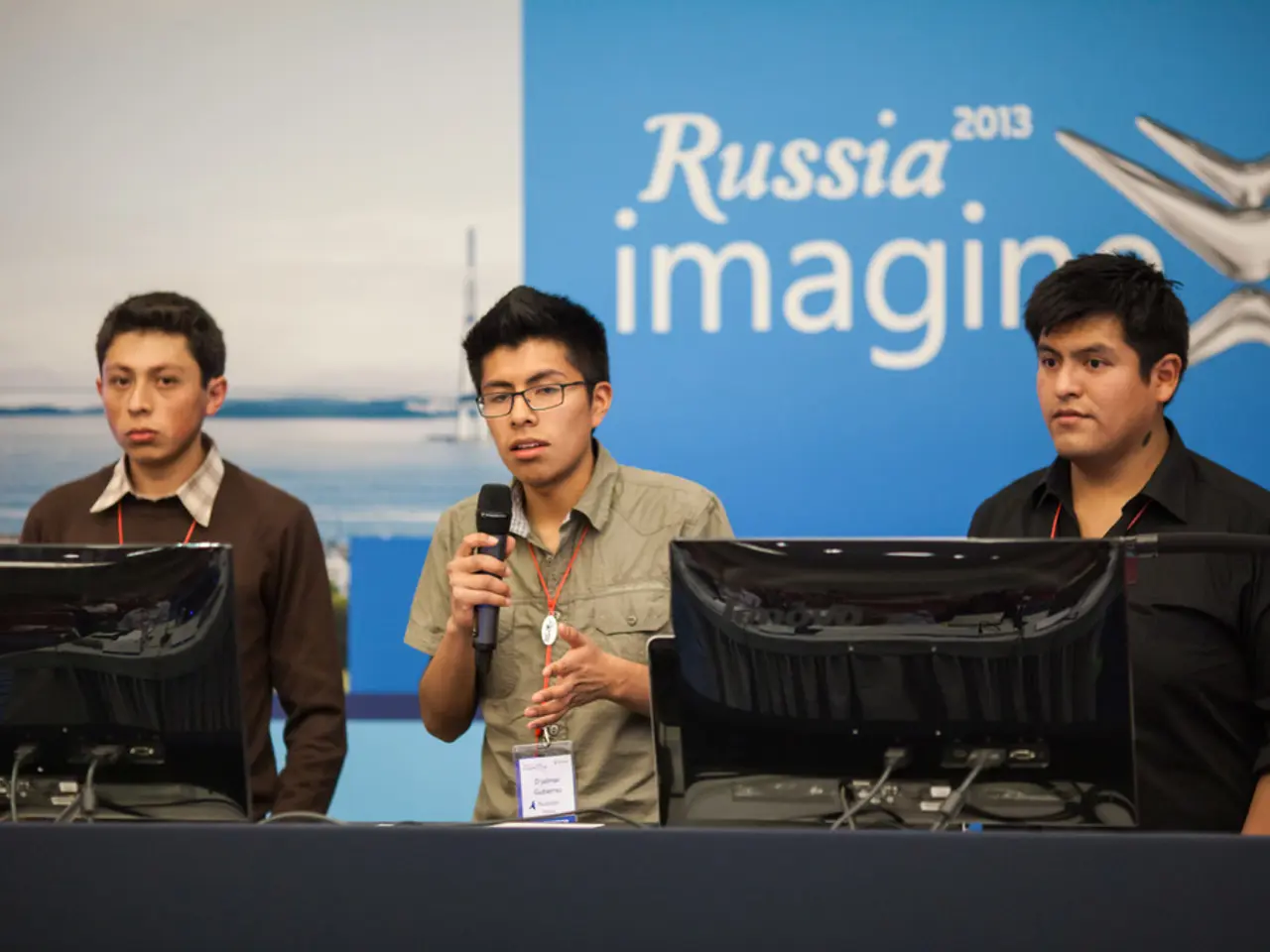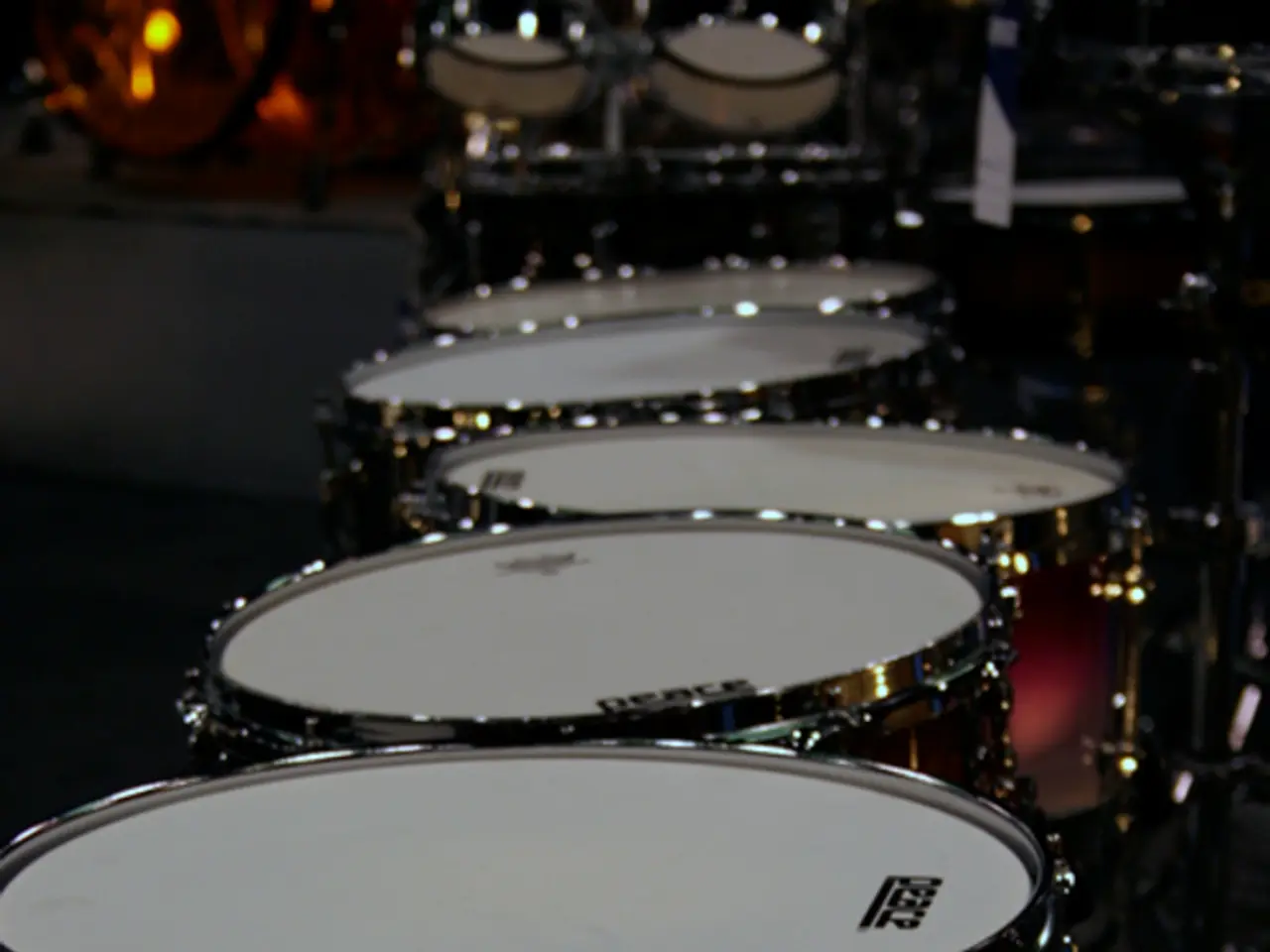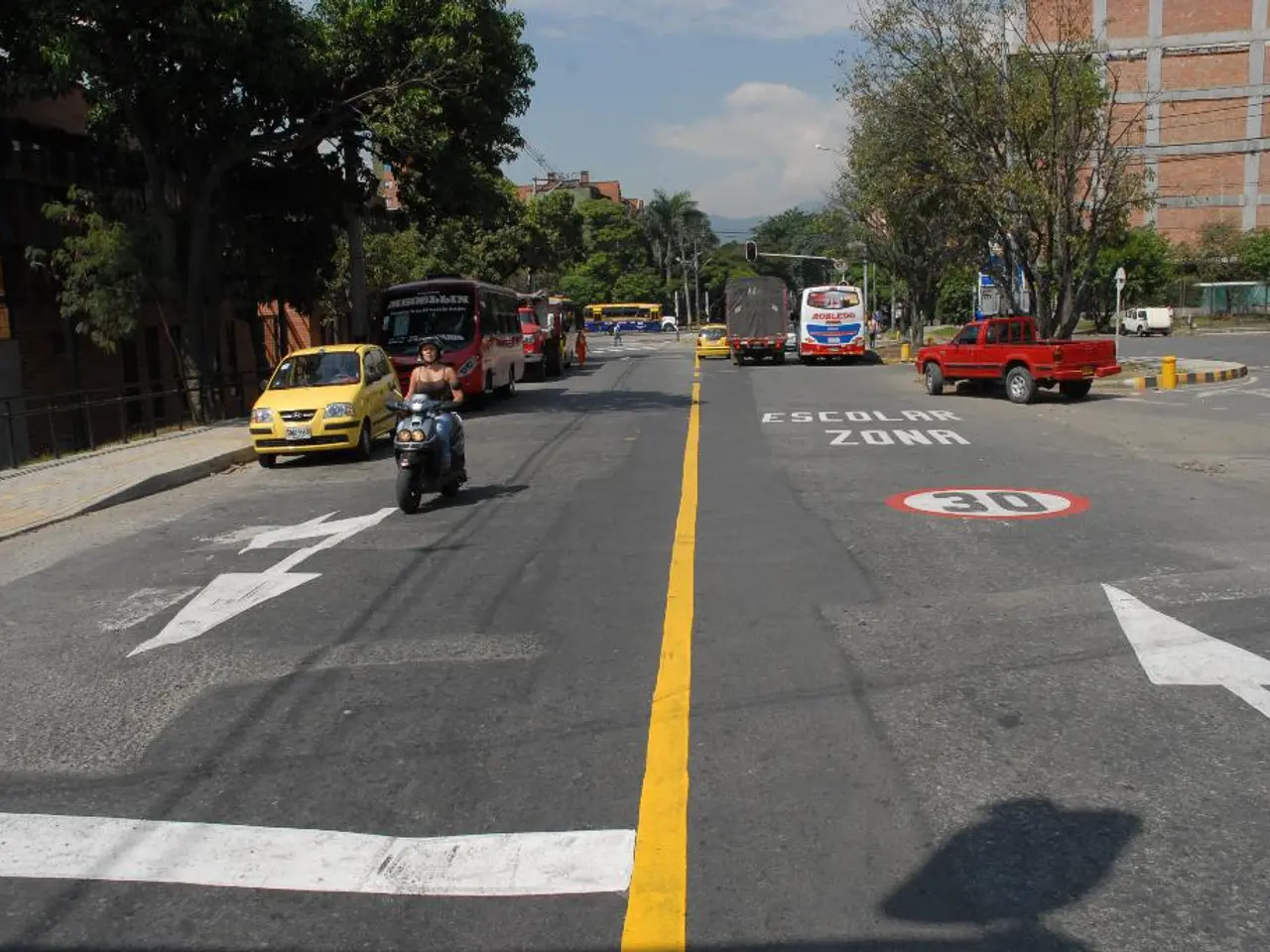Beijing Counters Tariffs by Exposing Accused NSA Hackers Publicly
In a significant shift in geopolitical tactics, China has publicly named three alleged National Security Agency (NSA) agents, accusing them of cyberattacks during the Asian Winter Games in April 2025. This move marks a departure from China's usual practice of refraining from publicly naming U.S. intelligence personnel.
The three individuals named are Katheryn A. Wilson, Robert J. Snelling, and Stephen W. Johnson. China claims they were involved in hacking computer systems for the games, targeting personal data of athletes and organisers. The allegations are linked to hacking incidents exploiting Microsoft Exchange server vulnerabilities.
This public naming of alleged NSA agents serves as a counter-strategy amid escalating cyber tensions and tit-for-tat accusations. China's move signals using cyber accusations publicly to exert diplomatic pressure and shape broader cybersecurity narratives in the ongoing competition and disputes driven by tariffs and geopolitical rivalry.
Isaac Stone Fish, CEO of Strategy Risk, suggested that China's retaliation for the trade war will not primarily involve tariffs, but actions seemingly unrelated to trade tensions, such as outing alleged NSA hackers. This strategy could be a response to ongoing tariffs causing significant disruption in global supply chains.
China's change in strategy could signal that the United States is not as covert in its operations as it might think, and may need to change strategy to continue effective intelligence-gathering operations. China historically does not name suspected foreign hackers targeting its domestic infrastructure.
In the report released by China's Computer Virus Emergency Response Center (CVERC) on April 3, it was stated that over 270,000 cyberattacks targeted China during the Asian Winter Games, with the majority originating from computers in the U.S.
Meanwhile, President Trump continues to operate under the belief that any trade imbalance means Americans are losers. Electronics including semiconductors and iPhones are temporarily exempted from the highest tariffs, but Trump has suggested they will be implemented soon. Some companies like Apple are focusing on moving their manufacturing to other Asian countries, like Vietnam and India, rather than building factories in the United States.
Many Americans do not want to work in factories, and global trade has been beneficial for the U.S. economy as U.S. businesses export many services abroad. The United States routinely outs actors linked to China in hacking cases, while China rarely publishes the names of alleged nation-backed hackers.
Attacks on undersea cables, train lines, and other infrastructure can be a form of "simple sabotage" in geopolitical maneuvering. As the trade war continues, it remains to be seen how both countries will respond and adapt their strategies.
[1] China accuses U.S. intelligence agents of hacking in retaliation for tariffs
[3] China publicly names U.S. intelligence agents accused of hacking
[Gizmodo]: The public naming of the three alleged NSA agents by China could mark a new shift in technology [tech] and politics, with retaliatory cyberattacks becoming a part of policy-and-legislation and general news concerning the future of cybersecurity [future].
[2] China's retaliation against U.S. tariffs extends to the tech sector, with the naming of suspected NSA hackers
[4] In a response to ongoing tariff disputes and geopolitical rivalry, China reveals the names of three alleged U.S. intelligence agents accused of hacking incidents
[5] Amid escalating trade and cyber tensions, China's public accusations of U.S. intelligence agents underscore the intersection of crime-and-justice and technology [technology] policy-and-legislation







